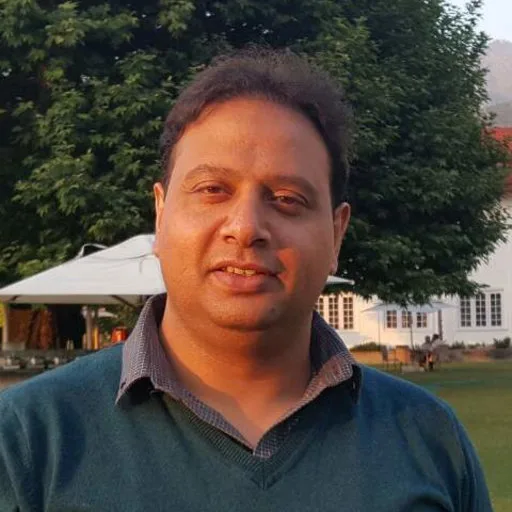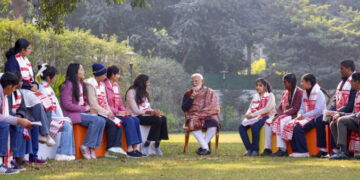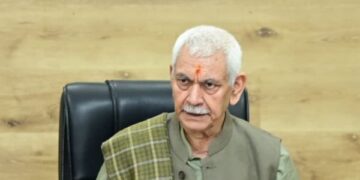Srinagar: Allaying concerns that the situation would worsen with the fresh wave of Covid-19, renowned pulmonologist Dr. Naveed Nazir Shah urged people of Kashmir not to panic, saying majority of those tested positive for the virus in India experienced mild symptoms.
There have been no positive instances reported at the local level, according to Dr. Shah, head of the department (Hod) at Government Chest Diseases Hospital Srinagar, He asserted that the situation on the ground is completely normal.
In order to lower the risk of catching the virus, which might ultimately result in community infection, Dr Shah advised people to take necessary precautions both within and outside Kashmir.
“Kerala, Maharashtra, and Karnataka are among the southern Indian states where the majority of Covd-19 positive cases have been reported; all of them had mild symptoms. I urge people to take precautions to reduce their chance of contracting the virus because it is quite prevalent in the air. Otherwise, because no cases have been reported at the local level as of yet, there is no reason to fear,” Dr Naveed told ‘Kashmir Images’.
When asked about the two students who were tested positive at a college in Srinagar recently, he said, the two were from Kerala, who were immediately placed in isolation.
“After returning from Kerala, their native state, they tested positive. Following confirmation of their Covid-positive status, both students were placed in isolation. In the Kashmir Valley, there hasn’t been a verified case yet,” he added.
Before being admitted, all patients with respiratory ailments at CD Hospital Srinagar are required to undergo Covid-19 testing, he said, adding that as of now, the hospital has not confirmed any positive case.
“Fever and body aches are the only symptoms that distinguish COVID and pollen allergy; in the end, a test can confirm whether the patient has an infection or not,” he said responding to a question that people in Kashmir equate pollen-related allergies with COVID-19 symptoms, adding to prevent attacks, patients who have developed a pollen allergy during this season should wear masks or continue their therapy.
Any person who he said is exhibiting symptoms should receive the required testing from a Primary Health Care Centre to ease his worries, or it’s for the doctor to determine whether to advise the test depending on the patient’s medical history and immediate examination.







